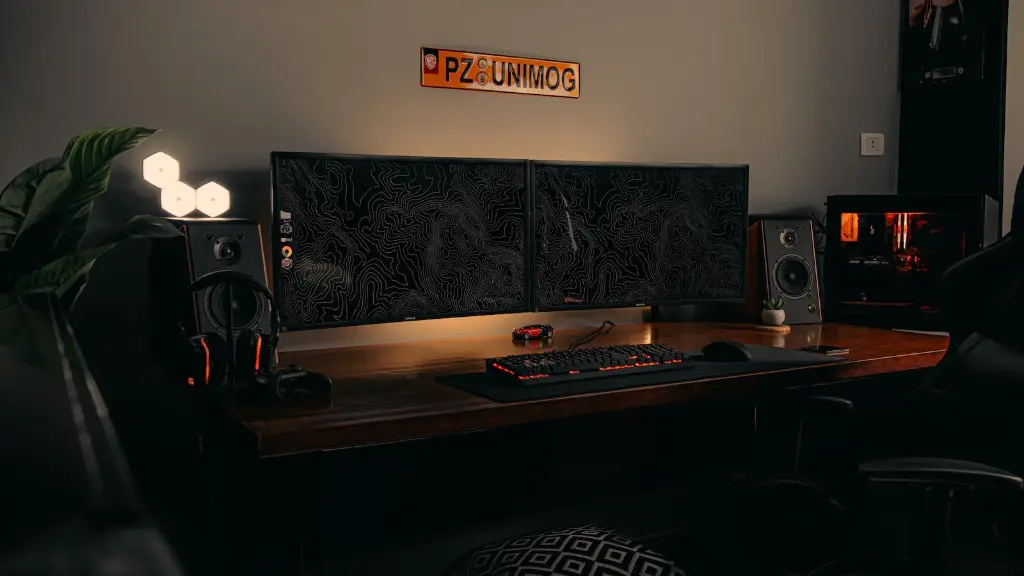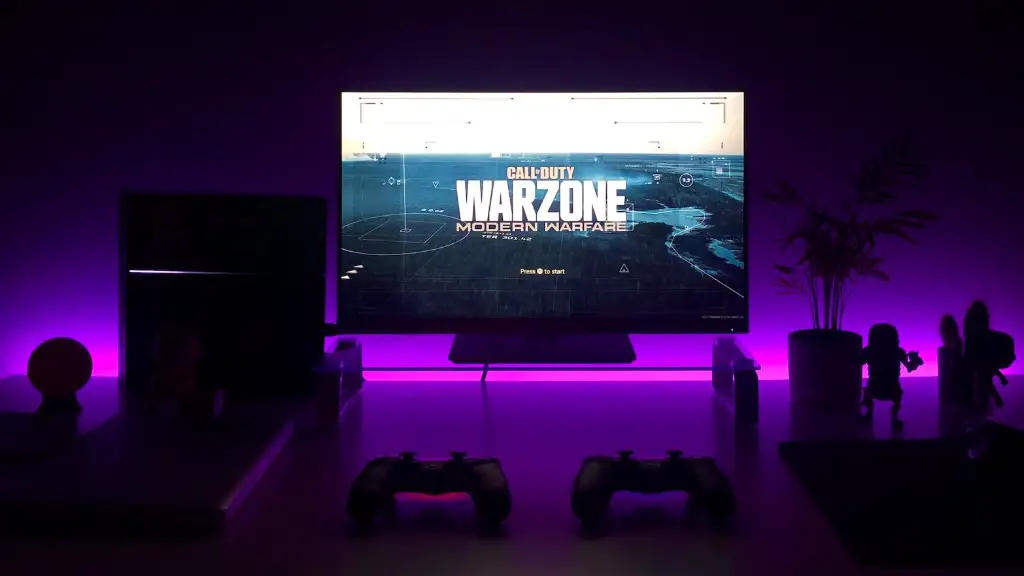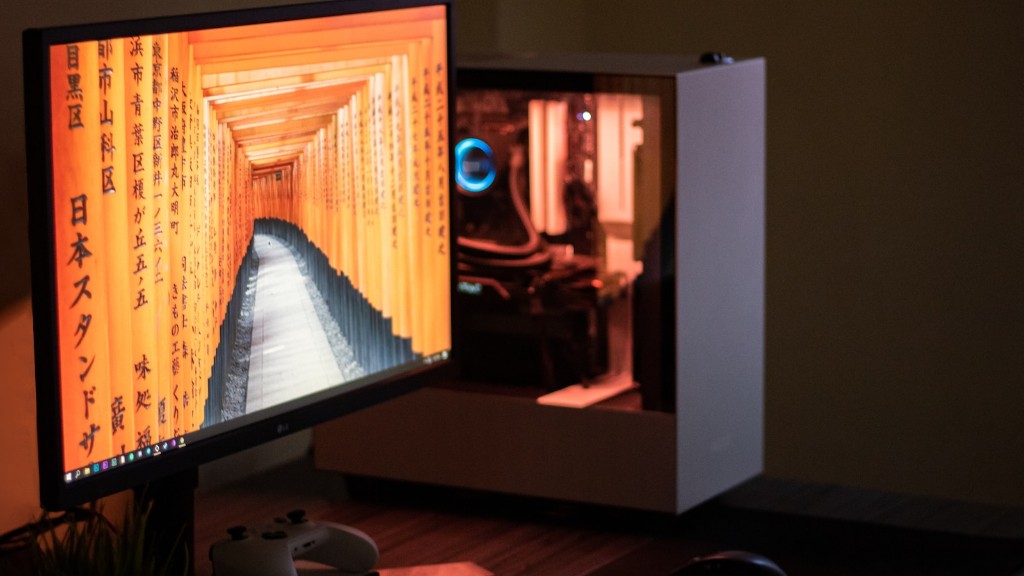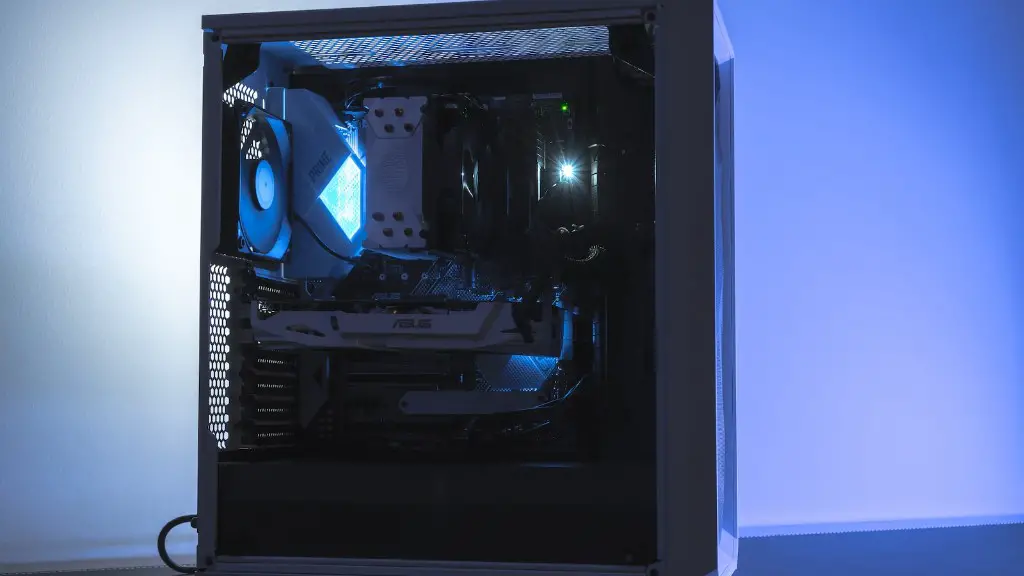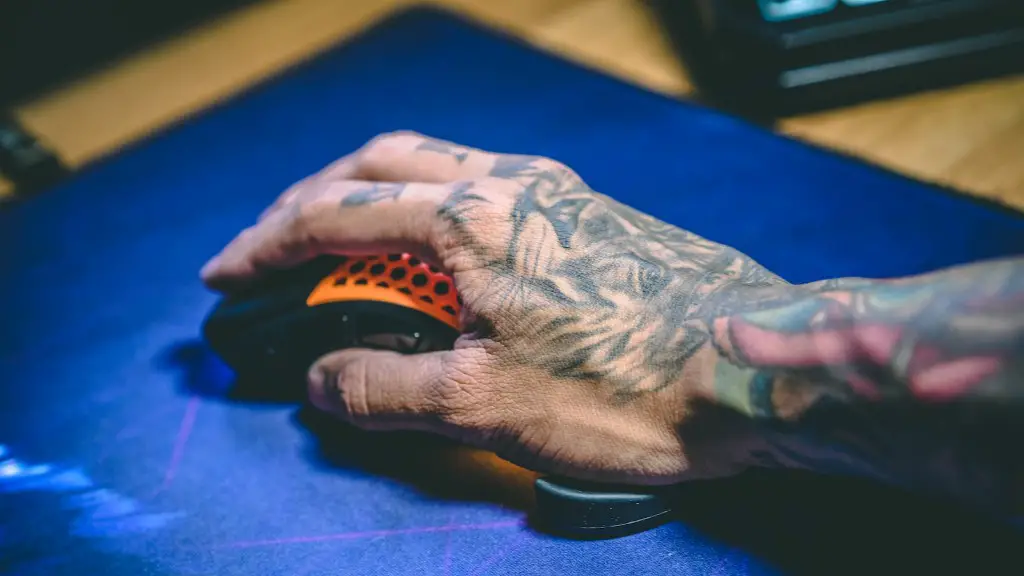As a passionate PC gamer, it’s easy to understand why choosing the best parts for your setup is of utmost importance. It’s essential to build a gaming PC that meets all your expectations, whether the goal is beating a high score, maintaining maximum performance, or creating an immersive in-game experience. With so many options now available, finding out what the best gaming PC parts are can be a challenge. This article will offer a guide to help you understand the different components, specifications and requirements for a gaming PC.
A gaming PC primarily consists of a motherboard, CPU, GPU, RAM, SSD/HDD and power supply unit (PSU). It’s impossible to definitively say which piece of hardware is the best for your needs, as this will depend on various factors such as what type of games you plan to play, and at what resolution and settings. The specific part that you choose will ultimately be based upon your budget and preferences.
The motherboard is the most important decision to make, as this will determine the type of RAM, GPU and CPU your system will support. Intel and AMD offer a variety of high-end CPUs that guarantee smooth gameplay, and both come with integrated graphics processors. However, for gaming, dedicated GPUs from Nvidia and AMD are the preferred choice for maximum performance.
In terms of RAM, modern gaming machines usually require from 8 to 32GB of high-speed RAM, such as DDR4. The more RAM a machine has, the better the multitasking capabilities. It’s important to consider how many tasks you may be running in the background while gaming, as this could also impact your performance.
For storage, gamers should consider buying an SSD. This type of drive is faster than traditional hard drives which means faster loading times and improved performance. NVMe drives, now commonly available, are even faster but come at a premium price. HDD drives, on the other hand, offer larger capacities, making them ideal for storing larger files such as videos.
Finally, the PSU is essential, as it powers all the other components in your system. Buying one with a capacity that exceeds your power requirements will ensure long-term stability and reliability. High-quality PSUs are often recommended, as they have a greater efficiency and offer better voltage regulation.
Motherboard
Picking the right motherboard for your gaming PC is key. Your motherboard must meet the criteria for the specific CPU and GPU you chose, as the wrong combination could be the difference between a great gaming experience or a poor one. For example, if you go for an AMD processor and a Nvidia GPU, you will need an AM4 socket for the CPU and an SLI or Crossfire configuration for the GPU.
When it comes to size, there are two main types of motherboard to choose from: ATX and Micro-ATX. ATX motherboards offer lots of space and a greater range of compatibility with other components, while Micro-ATX boards offer the same features in a smaller form factor. A mini-ITX is even smaller, making it easier to build in a smaller case, but it tends to lack features.
Furthermore, if you plan to add multiple GPUs or a large amount of RAM, you should pick a board that supports them. Look out for features such as DDR4 memory support, multiple PCIe 3.0 slots and other features that enhance performance.
Finally, your budget should also be taken into consideration. Cheaper motherboards may lack features in comparison to high-end boards, so consider your needs before making your selection.
CPU
The CPU, often referred to as the ‘brain’ of the computer, is the component that processes the game’s instructions. It’s important to ensure that your processor is compatible with the motherboard to ensure optimal performance. In terms of gaming, the faster the clock speed, the better the performance. Intel’s i5 and i7 range offer great performance, while the AMD Ryzen 5 and 7 are also great options.
Intel’s Core i9 chip is the fastest gaming processor on the market. It provides an impressive 8-core, 16-thread setup, plus an incredible 16 MB memory cache. It’s designed for processors with high clock speeds and power needs, which means it’s suitable for demanding tasks such as gaming.
On the other hand, AMD’s Ryzen 5 1400 is a great choice for gamers on a budget. This 4-core, 8-thread processor offers an impressive clock speed of 3.2GHz and an economical 65W TDP. It’s capable of running popular games such as Overwatch and Dota2 with ease, while being cheaper than Intel’s i5 range.
No matter which processor you choose, it’s important to remember that a processor with a higher clock speed is generally better for gaming.
Graphics Card
The graphics card is the least important component when gaming on PCs, but it still plays a major role in your gaming experience. The most popular brands are Nvidia and AMD, and their top-end products offer impressive performance.
Nvidia’s GeForce GTX 10 Series cards are the best on the market for gamers. The GTX 1080 offers excellent graphics performance at medium settings, while the GTX 1080 Ti performs better at higher settings and also supports VR gaming. The GTX 1070 is another great choice with performance comparable to the GTX 980.
On the AMD side, the RX 480, RX 570 and RX 580 are great options for those on a tight budget. These cards offer excellent performance and are capable of running all the latest games at high settings, though at lower resolutions.
It’s important to note that all of these cards require a good PSU to ensure efficient, reliable performance. The PSU should be at least 1.5 times the power consumption of your graphics card.
RAM
The RAM is one of the most important components of your gaming PC, as it helps to keep the games running smoothly. 8GB is the recommended RAM for most gaming PCs, but 16GB is even better for those who plan to multitask with their machine. Look for RAM sticks with faster speeds for maximum performance.
DDR4 RAM is the latest generation, and it offers better performance than DDR3 sticks. It can be more expensive, but in terms of performance it is worth the extra money. For example, a DDR4-2400 stick offers the same performance as a DDR3-1600 stick, but consumes less power.
As well as the RAM speed and capacity, it’s also important to consider the number of channels. Dual-channel systems, which require two memory sticks, will run faster than a single-channel system. However, if you only plan to buy one stick, make sure that it’s single-channel RAM. This will ensure the best performance.
Storage
For gaming PCs, there is no substitute for a good storage solution. Traditional hard drives are ideal for those who need bulk storage for media files, as they offer large capacities and are relatively cheap. However, for gaming applications, SSDs provide the best performance.
SSDs offer blistering read and write speeds, which means significantly faster loading times for games than traditional HDDs. Furthermore, SSDs are also more reliable as they contain no moving parts, so there is less chance of failure. An important thing to consider is capacity, as gaming PCs tend to require a lot of space.
NVMe drives, which offer even faster speeds than conventional SSDs, are also now widely available. However, they come at a premium price, so they are better suited to gamers who are serious about performance and don’t mind spending a bit extra.
For those looking to get a little more storage without breaking the bank, a hybrid drive is a good compromise. These drives combine an HDD and an SSD, so you get faster loading times and large capacities without having to pay premium prices.
Power Supply Unit
The PSU is the component that provides power to all the other components in your gaming PC. To ensure reliable performance and long-term stability, it’s important to choose one that is compatible with your system and is capable of supplying enough power.
Most gaming PCs require a power supply with a capacity of at least 500W, but an 850W or higher should be considered if you have a multiple-GPU setup or plan to upgrade your gaming PC in the future.
It’s also important to pay attention to efficiency, as PSUs with higher ratings typically waste less electricity and are more reliable. Look for units with 80+ Bronze or Gold ratings for the best efficiency. Finally, make sure your PSU has all the connectors you need for your system.
Cooling
High-end gaming PCs generate a lot of heat, which can be detrimental to performance and cause hardware damage. That’s why effective cooling solutions are necessary in gaming PCs. Fans are the most commonly used cooling solutions, but adding a liquid-cooling system can provide better cooling and lower noise levels.
CPU coolers come in a variety of sizes, shapes and types. Air-cooled solutions are great for those on a budget, but a liquid-cooled system is much more effective at keeping temperatures in check. AIO (all-in-one) systems are easy to install and come pre-filled with fluid, while custom solutions allow for greater flexibility and better cooling performance.
When it comes to gaming PCs, fans should be chosen carefully and in the right sizes. Bigger is not always better, as fans that are too large can be disruptive and generate too much noise. It’s also important to consider the noise level, as some fans can be loud even at low speeds.
Overall, cooling solutions are essential for gaming rigs. Finding the right balance between cooling performance and noise levels is key, as is choosing the right components for your needs. With a bit of research and planning, you can easily ensure that your gaming PC runs at optimal temperatures.
